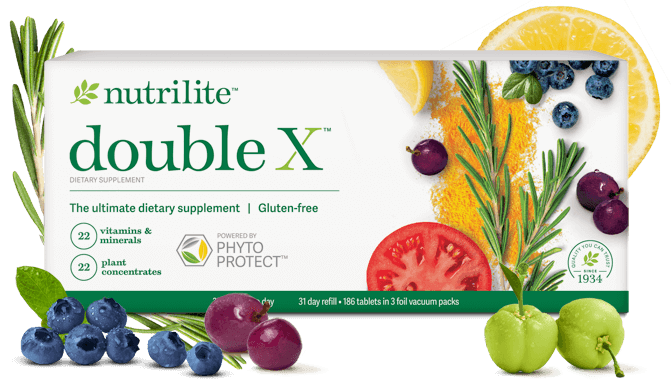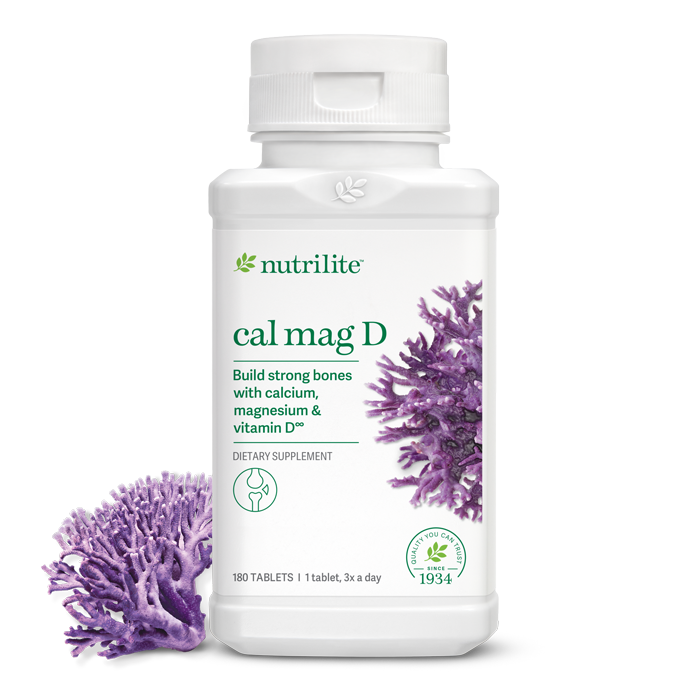What Macronutrients and Micronutrients?
Getting to Know the Big and Little Helpers in Our Food
Nutrition is a crucial aspect of human well-being, playing a fundamental role in maintaining health and supporting various bodily functions. Macronutrients and micronutrients are two categories of essential nutrients that are required in different quantities for optimal health.
What are Macronutrients?
Carbohydrates:
Carbohydrates are one of the primary sources of energy for the body. They are classified into simple carbohydrates, such as sugars, and complex carbohydrates, including starches and fibers. Simple carbohydrates provide a quick burst of energy, while complex carbohydrates offer a sustained release of energy.
Functions of Carbohydrates:
- Energy production: Carbohydrates are the body's preferred source of energy.
- Brain function: Glucose, a product of carbohydrate metabolism, is vital for brain function.
 |
Food Sources:
|
BE CAREFUL:
Excessive consumption of refined carbohydrates can have significant consequences on health. Refined carbohydrates, such as those found in white bread, sugary snacks, and processed foods, can lead to rapid spikes in blood sugar levels.
This constant fluctuation can contribute to insulin resistance over time, increasing the risk of developing type 2 diabetes. Additionally, refined carbohydrates are often low in fiber, which plays a crucial role in maintaining digestive health and regulating blood sugar.
A diet high in refined carbs may also contribute to weight gain and obesity, as these foods are often calorie-dense but lacking in essential nutrients. Choosing whole, unprocessed carbohydrates and maintaining a balanced diet can help mitigate these potential health risks associated with excess refined carbohydrate consumption.
Proteins:
Proteins are essential for the growth, repair, and maintenance of body tissues. Composed of amino acids, proteins play a crucial role in the synthesis of enzymes, hormones, and other molecules essential for cellular function.
Functions of Proteins:
- Tissue repair and growth: Proteins are the building blocks of muscles, skin, and organs.
- Enzyme activity: Proteins act as catalysts for biochemical reactions.
 |
Food Sources:
|
Eating an ample amount of protein provides several advantages for overall health. Essential for muscle growth, repair, and maintenance, protein supports physical activity and helps regulate body weight by promoting a sense of fullness.
Beyond its role in muscle health, proteins are essential building blocks for enzymes, hormones, and various body tissues. Including protein in the diet contributes to immune function, aids in cellular repair, and supports the health of skin, hair, and nails.
Whether sourced from animal or plant-based options, a protein-rich diet is fundamental for maintaining overall well-being and ensuring the body functions optimally.
Fats:
Fats are essential for energy storage, insulation, and the absorption of fat-soluble vitamins (A, D, E, K). They are classified into saturated, unsaturated, and trans fats.
Functions of Fats:
- Energy storage: Fats provide a concentrated source of energy.
- Cell membrane structure: Fats contribute to the integrity of cell membranes.
 |
Food Sources:
|
Healthy fats are essential components of a balanced diet, offering numerous benefits for overall well-being. Unlike saturated and trans fats, which can contribute to health issues, healthy fats, such as monounsaturated and polyunsaturated fats, support heart health and provide sustained energy.
Found in foods like avocados, olive oil, nuts, and fatty fish, these fats play a crucial role in nutrient absorption, especially fat-soluble vitamins like A, D, E, and K. Additionally, healthy fats contribute to the structural integrity of cell membranes and assist in regulating inflammation within the body.
What are Micronutrients?
Vitamins
Vitamins are organic compounds that play crucial roles in various physiological processes. They are classified into water-soluble (e.g., vitamin C, B-complex) and fat-soluble (e.g., vitamin A, D, E, K) vitamins.
Functions of Vitamins:
- Antioxidant activity: Vitamins C and E protect cells from oxidative damage.
- Bone health: Vitamin D is essential for calcium absorption and bone mineralization.
- B-complex vitamins are crucial for energy metabolism, supporting the breakdown of carbohydrates, proteins, and fats.
Minerals:
Minerals are inorganic elements necessary for various physiological functions, including bone health, nerve transmission, and fluid balance. They are divided into macro minerals (required in larger amounts) and trace minerals (required in smaller amounts).
Functions of Minerals:
- Calcium: Essential for bone and teeth formation.
- Iron: Involved in oxygen transport and energy production.
- Other minerals, such as potassium, sodium, magnesium, and zinc, play roles in maintaining fluid balance, nerve function, and enzyme activity.
- Trace minerals, including copper, selenium, and iodine, are required in smaller amounts but are equally vital for health.
Understanding what are macronutrients and micronutrients is essential for making informed dietary choices.
A balanced intake of carbohydrates, proteins, fats, vitamins, and minerals is crucial for overall health and well-being. Each category of nutrients plays a specific role in supporting bodily functions, and a diverse, nutrient-rich diet is key to meeting our nutritional needs.
Knowing now what are macronutrients and micronutrients empowers you to make better choices for your health.

